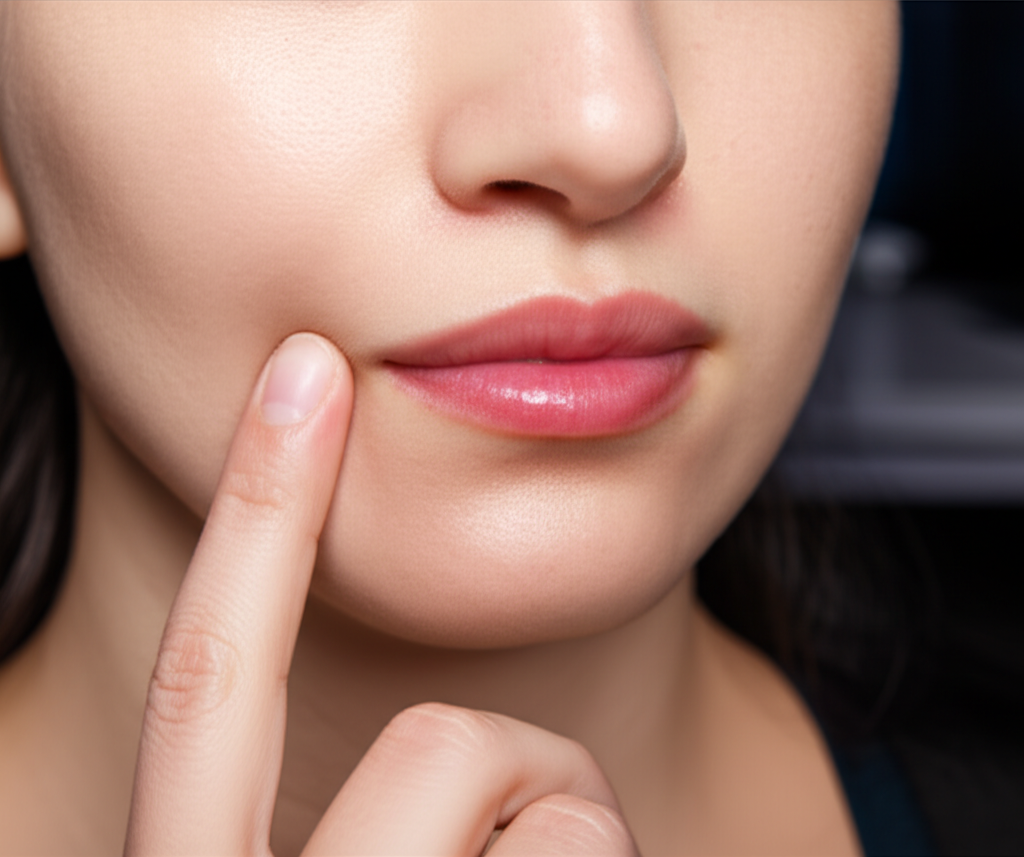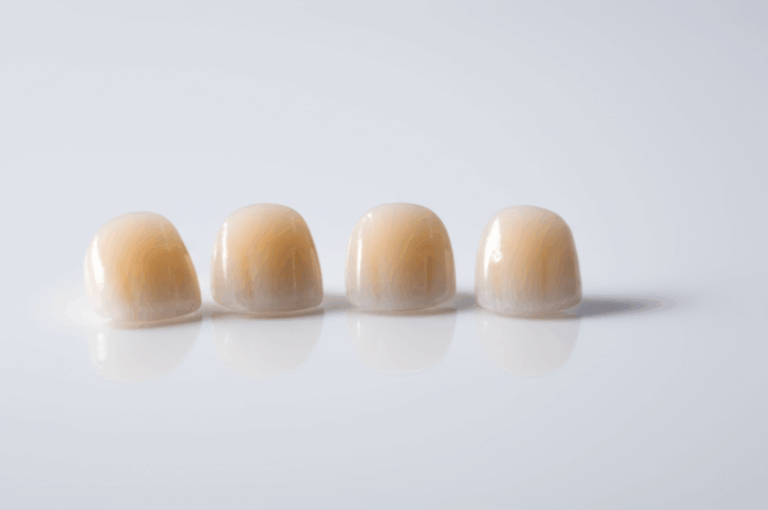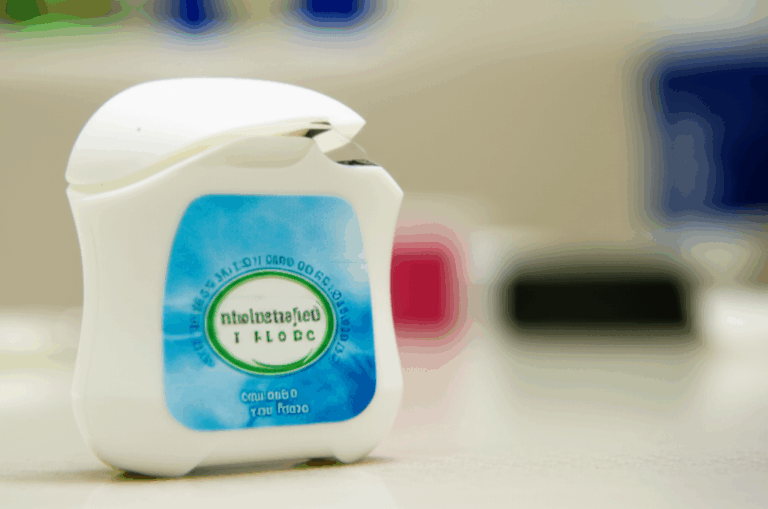
How Long Does Dental Numbing Last? Your Guide to Anesthesia Duration & Recovery
Wondering why your mouth feels funny hours after the dentist visit? Dental numbing usually doesn’t go away right after you leave, and that can make eating, talking, or even smiling feel a bit weird. In this article, you’ll find out why dentists numb your mouth, how long that odd, tingly feeling hangs around, what can make it last more or less time, and when you should call your dentist for help. I’ll explain it in plain language, share real stories, and give you tips to stay safe (and comfy) while you wait for your mouth to wake up.
Table of Contents
Introduction: Why Do Dentists Numb Your Mouth?
Nobody wants to feel pain at the dentist, right? That’s why dentists use local anesthesia—special medicine that stops pain in your mouth during things like fillings, taking out teeth, crowns, and cleanings. It helps you stay calm, relaxed, and comfy—even when the dentist works on your teeth or gums.
Fun fact: Numbing medicine only works in a small part of your body (your mouth, lips, gums, or jaw). It wears off after a few hours.
When my dentist first gave me a numbing shot, my first thought was, “How long will my tongue feel so weird?” Don’t worry; you’re not the only one!
How Long Does Dental Numbing Usually Last?
Short answer: Most dental numbing goes away in 2 to 5 hours.
Longer answer: Sometimes you’ll feel your teeth before you feel your lips, tongue, or cheeks. You might feel “normal” in part of your mouth but still get that tingly or swollen feeling somewhere else.
Here’s a table to show how long some common numbing medicines last:
| Type of Anesthetic | Soft Tissue Numbness | Tooth Numbness (Pulp) |
|---|---|---|
| Lidocaine (with Epi) | 3-6 hours | 2-4 hours |
| Articaine (with Epi) | 3-5 hours | 1-3 hours |
| Mepivacaine (no Epi) | 1-2 hours | 20-40 minutes |
| Bupivacaine (with Epi) | 4-9 hours | 3-7 hours |
Note: Everyone is different!
After my last root canal, the lower half of my mouth stayed numb almost all afternoon. But by dinnertime, I could eat and smile without making a mess!
What Determines How Long You Stay Numb?
Numbing medicine doesn’t work for the same amount of time for everyone. Here’s what can change how quick you get feeling back:
- Type and amount of numbing: Some medicines are stronger or last longer. A big procedure? You may get more medicine.
- If the medicine has epinephrine: This stuff can make numbness last longer.
- Where your dentist gave the shot: Shots in the lower jaw (nerve block) last longer than ones in the upper jaw (just under the skin).
- How your body works: Kids and younger people get rid of medicine faster. If your liver or kidneys are slow, numbness can stick around longer.
- Your health: On any medicines? Pregnant? Have health issues? These can all matter.
Table – What Changes Numbing Time:
| Factor | Makes It Last Longer | Makes It Shorter |
|---|---|---|
| Bigger dose | ✔️ | |
| Epinephrine in medicine | ✔️ | |
| Nerve block (lower jaw) | ✔️ | |
| Quick metabolism (kids) | ✔️ | |
| Small area numbed | ✔️ |
It’s good to know what medicine you got. If you’re not sure, just ask your dentist next time—or give the office a call.
Which Dental Numbing Medicine Did You Get?
Here are some common numbing drugs dentists use:
- Lidocaine (Xylocaine): The classic. Used in almost every china dental lab.
- Articaine (Septocaine): A little stronger, often for tough teeth.
- Mepivacaine (Carbocaine): Good for people who can’t have epinephrine, wears off faster.
- Bupivacaine (Marcaine): Super long-lasting, mainly for big surgeries.
Tip: Ask your dentist, “What numbing medicine did you use?” and keep a note, especially if you get weird reactions.
What Does Numbness Feel Like? What to Expect as It Wears Off
Dental numbness is just odd. Your lips might feel huge, your tongue thick or heavy, and your cheek puffy. You may drool or talk funny. Eating and swallowing might just feel off.
When it wears off:
- Tingling, pins and needles, or a “static” feeling happens.
- Feeling comes back slowly and not always in all spots at once—the tooth usually “wakes up” before your lip or cheek.
- You might get a little sore once the numb feeling is gone.
If it’s your first time, don’t worry! I once bit my lip while numb and didn’t even know till later. That’s why you should be careful (and why parents have to really watch kids after dental work).
Eating, Drinking, and Smiling Safely While You’re Numb
The big question: Can I eat or drink while numb?
Dentists—and people like me who’ve done it before—always say, “Wait till you feel your mouth!” Here’s why:
- You could bite your lip, cheek, or tongue. It can hurt, bleed, or swell up.
- You could burn your mouth. You may not feel heat, so hot things can really hurt.
- You could drool, choke, or get embarrassed if you eat too soon.
Tips for eating and drinking:
- Wait until there’s no more tingling and you can feel pressure and temperature.
- Start with soft stuff (applesauce, yogurt, mashed potatoes).
- Drink cool (not hot) drinks.
- Chew on the other side of your mouth.
- Always watch kids—kids bite themselves more than adults do while numb.
If you have a dental crown, bridge, or dentures from a removable denture lab, ask your dentist how to take care of them.
Is There a Way to Make Numbness Go Away Faster?
We all want the numb, droopy feeling to stop sooner! Usually, the only real fix is waiting. But sometimes dentists can use special medicine:
OraVerse (Phentolamine Mesylate): This medicine helps blood flow come back and can help you get feeling sooner—sometimes in half the time. Ask your dentist if they offer it.
Other little things to try (but not proven):
- Lightly rub your cheek (not too rough).
- Walk around to get your blood moving.
- Use a warm (not hot) washcloth on your cheek.
- Don’t try wild ideas from the internet—they barely ever work and could make things worse!
Remember: If you aren’t sure what’s safe, call your dentist.
Is My Numbness Normal, or Should I Be Worried?
Mostly, numbness is normal and goes away in a few hours. But people worry if:
- Numbness lasts way longer than expected (over 6 hours).
- There’s tingling, burning, or weird “pins and needles” that won’t stop.
- Your smile is crooked or you can’t shut your eye (really rare).
Paresthesia is a rare thing where your nerve stays numb for days or even weeks. It’s usually not forever, but it’s scary!
Call your dentist if:
- It’s been more than 24 hours and you’re still numb.
- You have problems swallowing or breathing.
- There’s pain, swelling, or you get a rash, itchy skin, or can’t breathe.
- You think you have an infection, or something just feels wrong.
Dr. Joe Dental says almost all weird numbness goes away by itself. Still, if in doubt, it’s smart to call.
Dental Numbing for Kids – What Parents Need to Know
When kids need fillings, pulling teeth, or sealants, numbing helps keep them from feeling pain. But kids are more likely to hurt themselves while numb. Why? They’re curious—and may chew their cheek just for fun.
How parents can help:
- Stay with your child until the numb feeling is gone.
- Remind them not to bite, poke, or play with their lips and cheeks.
- Ask your dentist about a “cheek bumper”—a soft thing that protects their mouth.
- Give easy stuff like smoothies or cold drinks.
Dr. Joe Dental says, “Kids often hurt their cheeks or lips after dental work, but it’s preventable if you watch closely and give clear rules at home.”
Most important—calm your child and let them know that silly numb feeling will be gone soon!
What If Numbness Doesn’t Go Away? Warning Signs
If a whole day passes and your mouth is still numb, you might have a rare problem called paresthesia. This can happen if the anesthetic bothers or bruises a nerve from the shot. It’s really rare—not even 1% of dental treatments cause it.
Warning signs:
- Numbness or tingling gets worse, not better
- Losing taste
- Sharp pain or burning that keeps getting worse
- Trouble swallowing, or weird changes in vision
Most times, paresthesia gets better in days or weeks by itself. But your dentist will want to see you to make sure. If a nerve got hurt, acting fast helps stop long-lasting trouble.
What to do: Stay calm, talk to your dentist, and avoid biting your lip or cheek until you get feeling back.
Can Your Choice of Dental Lab Improve Treatment?
Ever wonder how dentists get crowns, bridges, or dentures that fit just right? Behind the scenes, good dental labs make a big difference. They help make sure your new crowns, veneers, or dentures fit, look, and feel the way they should.
A good crown and bridge lab works with dentists to make things fit better—and that can mean less time with needles and numb mouth for you!
Working with a solid digital lab has even more perks:
- Digital models mean less time with goo in your mouth.
- Their high-tech gear helps fit things better the first time.
- Less fiddling means shorter appointments, so less numbing needed.
Bottom line: If you want faster, comfier, and better results, ask your dentist who their lab partner is!
Quick FAQ – Top Questions About Dental Numbness
Q: How will I know when the numbness is going away?
A: You’ll feel tingles. Your lips, tongue, and cheek start to feel normal again.
Q: Can I drive after being numbed?
A: Yes, but be careful if your face or jaw is really numb. Drooling or trouble moving your mouth could make driving a little tough.
Q: Is it ok to take painkillers while still numb?
A: Yep! Sometimes taking pain medicine before the numbness is gone helps. Ask your dentist first.
Q: What if I get an allergy to the shot?
A: Allergies are rare, but if you see a rash, have swelling, or trouble breathing, call your dentist or 911 right away.
Q: How do I explain numbness to my kid?
A: Try saying, “Your cheek feels like rubber!” and let them know it’ll wear off soon.
Key Takeaways: Remember These Tips!
- Dental numbness mostly fades in 2-5 hours, sometimes a bit longer depending on the procedure or numbing shot.
- Don’t eat or drink until you get feeling back, especially if it’s hot food or drink.
- Keep a close eye on kids—don’t let them chew their lips or cheeks!
- If your mouth is still numb after 24 hours, or if you have weird symptoms, let your dentist know.
- High-quality dental labs help you heal faster and get better results.
- Most of all: Take it easy. Almost everyone who visits the dentist gets numbing, and it’s normal and safe.
Take your time, follow your care instructions, and always ask questions! A funny tingling today means a healthier, pain-free smile soon.
Reviewed by Dr. Joe Dental, DDS – Caring for safe and easy dental visits for all.
References:








